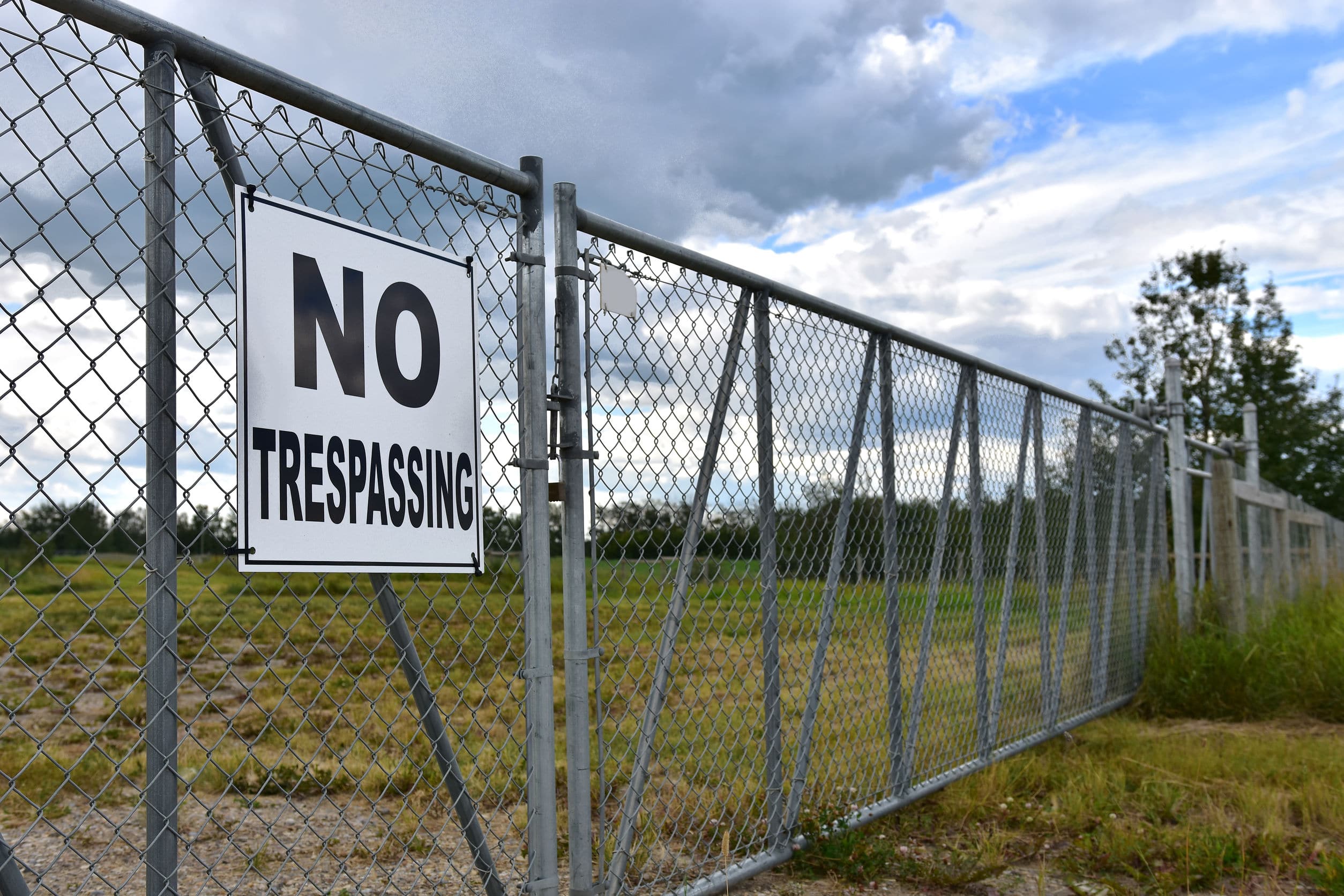After two months of being stuck inside, a walk around a state park sounds heavenly. A camping trip might as well be a luxurious vacation. You can take that vacation as early as this weekend, now that Colorado’s state parks are starting to open up campgrounds again. Be cautious, though – not all facilities will be accessible.
We know how frustrating it is to keep your kids away from playgrounds or leave nice cabins vacant. What’s more frustrating, however, is having to deal with criminal charges from breaking state park rules.
Know what’s open, how to properly access areas, and what’s still closed to the public so that you can avoid penalties for trespassing and other crimes.
Colorado State Parks: What’s Open? What’s Not?
Throughout the week of May 12, campgrounds at the state parks began to reopen. Campers can book a reservation through the Colorado Parks and Wildlife reservation system, although some flexibility may be required. You can also speak to someone on the phone if you have questions, but you may have to wait.
Park Areas Currently Open for Use
If you don’t want to camp, daytime hours are plenty to visit the state park and enjoy the outdoors. Provided that your group follows social distancing guidelines, you can enjoy our state parks in the following ways:
- Trails
- Boat ramps
- Marinas
- Shorelines
Some Day-Use Facilities Remain Closed
Unfortunately, due to higher risk, a number of day-use facilities at the state park still remain closed until further notice. These facilities include:
- Playgrounds
- Picnic areas
- Group areas
- Yurts
- Cabins
- Tipis
The state of Colorado also recommends that Coloradoans heed county and local stay at home orders where applicable. Check out the Colorado Parks and Wildlife website and reach out to your local government for more information.
Not Sure Whether You Can Go Somewhere? Don’t Go.
These are confusing times, but we do know one thing for sure: it’s better to be safe than sorry. Even if you do accidentally wind up in the wrong part of a Colorado state park, the charges may hang over your head for a longer period of time than normal.
Courts have been closed since mid-March, and proceedings may drag on for months. Another piece of advice? Keep in mind, if you do run into legal trouble, you’ll also have a much easier time getting in touch with private counsel than with a public defender bogged down with cases.
Breaking the Rules Could Result in Colorado Trespassing Charges
This is not the best time to be taking risks. Stay at home orders are in place to prevent more exposure to COVID-19, which has killed over 1,000 people in the state. Violating state park rules could result in an arrest and trespassing charges.
What Is Trespassing?
Trespassing is more than just sneaking onto private property. If you aren’t allowed to go somewhere but enter or remain anyway, you could be charged with trespassing.
It’s not going to be easy to tell a peace officer or park official that you simply stumbled onto a picnic area without knowing that you can’t be there.
What Are the Penalties for a Trespassing Conviction?

Trespassing penalties start at up to six months in prison and $500 in fines. If you or anyone in your group caused damage to the property of the state park, you may face additional charges.
If a prosecutor can argue that you intended to commit a crime while trespassing, you may face up to four years in prison and felony charges.
About the Author:
Kimberly Diego is a criminal defense attorney in Denver practicing at The Law Office of Kimberly Diego. She obtained her undergraduate degree from Georgetown University and her law degree at the University of Colorado. She was named one of Super Lawyers’ “Rising Stars of 2012 & 2019” and a “Top 100 Trial Lawyers in Colorado” for 2012-2020 by The National Trial Lawyers. Both honors are limited to a small percentage of practicing attorneys in each state. Additionally, Expertise names her to its lists of the 25 Best Denver DUI Lawyers and 21 Best Denver Criminal Defense Lawyers, both in 2020. Ms. Diego has also been recognized for her work in domestic violence cases.





